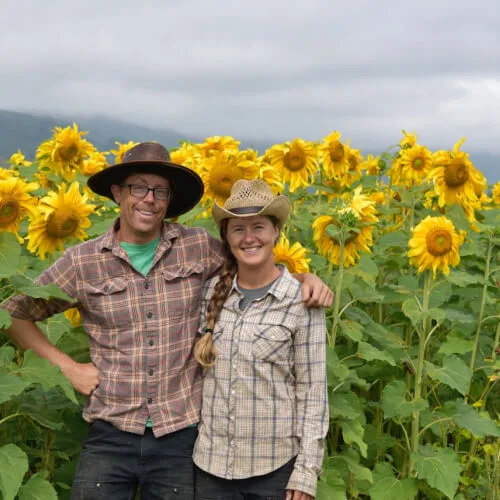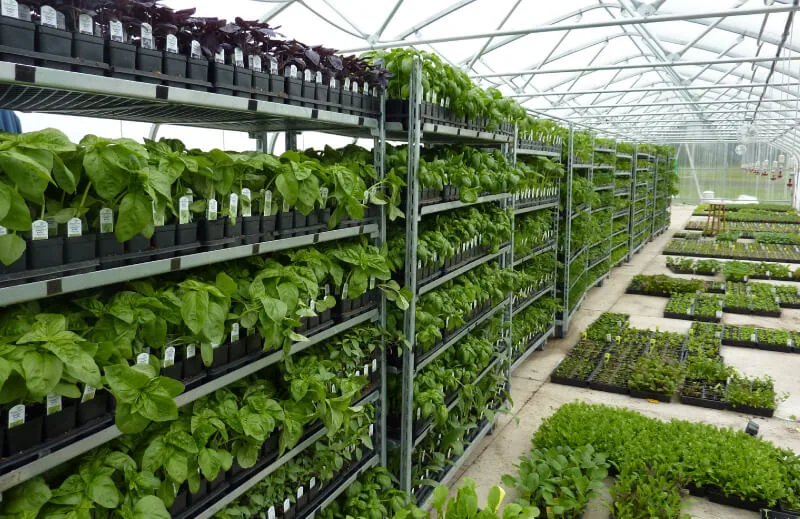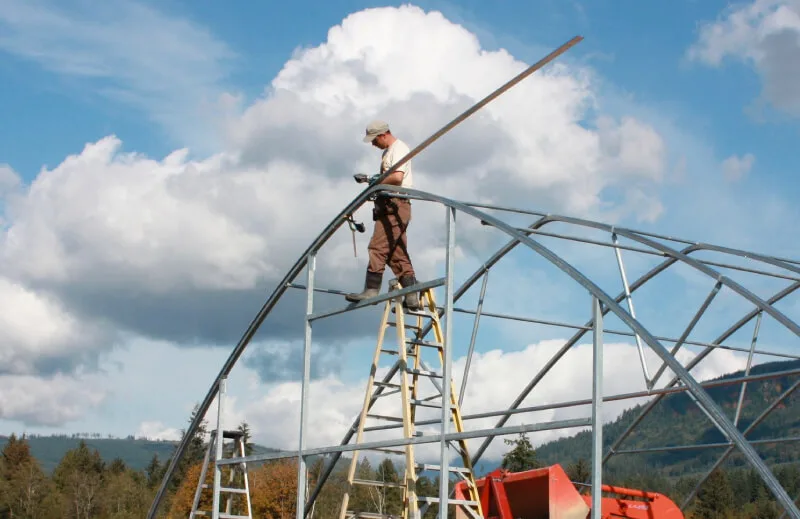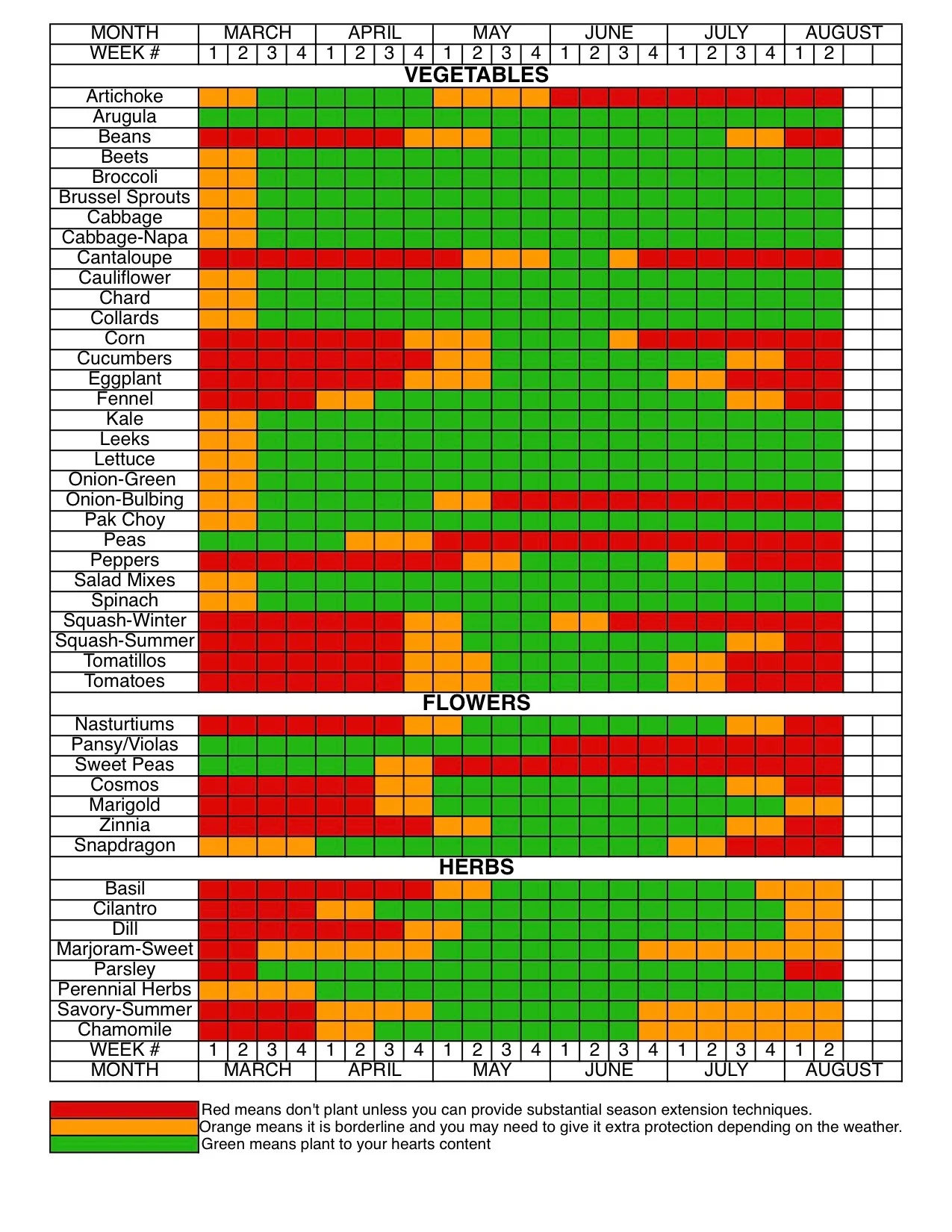
Sunseed Farm: The Benefit of Organic Plant Starts
Organically grown plant starts make all the difference in the success of your garden. Just ask Margaret Gerard, co-owner of Sunseed Farm — a local Acme, Wash., business that took root in 1997.
Margaret — a longtime Co-op Board Member — and her partner Nick Guilford began farming to be part of the solution for the problems they saw in the world. This pursuit led to organic certification in 2001, a step on the way to making the local food system more transparent by combatting the detrimental effects of chemical agriculture.

For home gardeners, the difference is clear: Organic starts develop a natural relationship to the soil, and transition more easily to their new home. This means healthier plants and more abundant harvests compared to conventionally grown starts.
Over the past two decades, Margaret and Nick have happily watched small farms flourish throughout our region. This growth pushed Sunseed to expand their operation and focus on wholesale relationships, bringing their organic starts to more gardeners.

The journey hasn’t been without challenges. Counterintuitively, it can be easy to produce too much food when farming, leading to waste. Learning how to line up sales to match production was a steep learning curve for them.
Margaret says that the continued support from the Co-op and other businesses committed to local purchasing is vital to our regional food system’s success. We are proud to carry over 220 of the 300 varieties of organic vegetable, herb, and flower starts that Sunseed Farm grows!
If you’re a first-time gardener, Margaret recommends focusing on crops with ongoing harvest periods, like cucumber, zucchini, kale, and herbs. Use their planting calendar, below, and pick up your organic starts at the Co-op!
